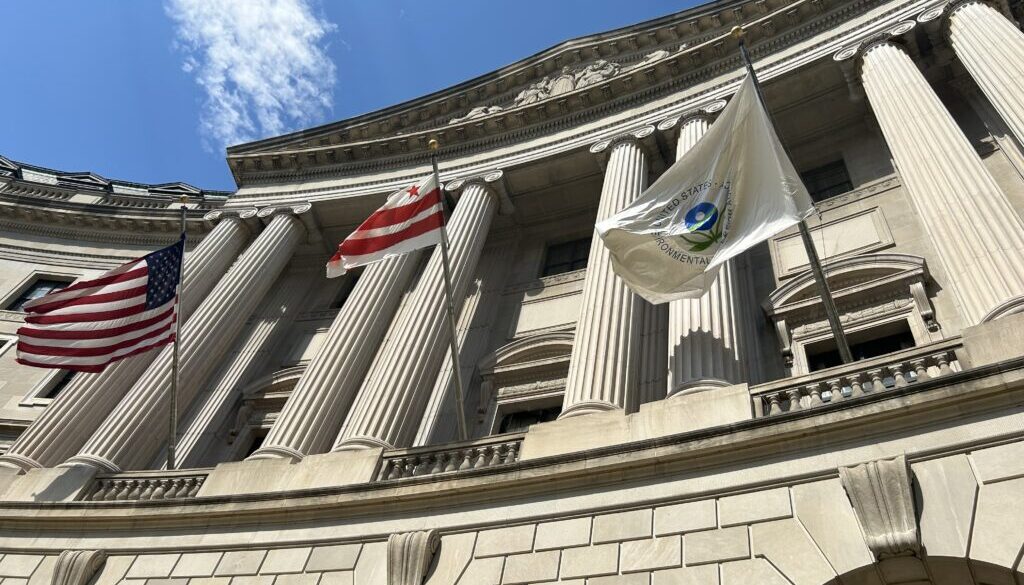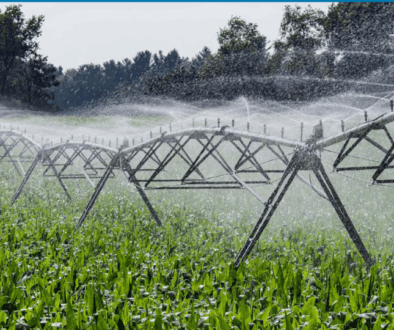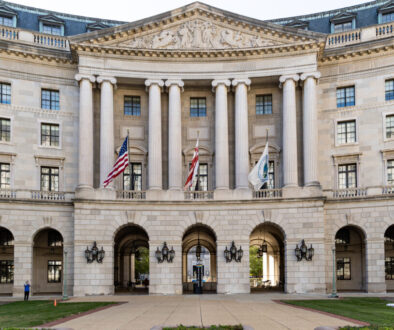EPA announces $4.6 billion in grants to combat climate pollution
The US Environmental Protection Agency (EPA) announced $4.6 billion in competitive grants on Wednesday to fund state, city, and Tribal programs designed to reduce climate pollution, advance environmental justice, and transition to clean energy.
The announcement came as business leaders, nonprofits, and government officials convene in New York for the annual Climate Week NYC, which takes place alongside the UN General Assembly.
The grants mark the second wave of funding through the agency’s Climate Pollution Reduction Grants (CPRG) program, which was developed under the Inflation Reduction Act. The CPRG program is intended to advance the Biden administration’s Justice40 Initiative by helping to ensure that overburdened communities receive federal climate change funding. The newly available grants will fund projects planned using the initial $250 million in CPRG funding announced in March.
“Together, these grants will stimulate economic growth, spur the creation of new industries and jobs, and enable communities, especially low-income and disadvantaged communities, to chart a path towards unprecedented emissions reductions,” EPA Administrator Michael Regan said on a press call. “We recognize that it won’t get us all the way, but it’s a significant shot in the arm.”
A “unique opportunity”
The EPA plans to award up to 115 grants of $2 million to $500 million each under the general competition for states and municipalities, which has an application deadline of April 1, 2024. The agency plans to award up to 100 grants of $1 million to $25 million under a separate competition for Tribes and territories, which has an application deadline of May 1, 2024. Eligible applicants must either have received planning grants to develop climate action plans under the first round of CPRG funding or seek to implement measures in a climate action plan. The EPA will prioritize measures that achieve higher reductions in greenhouse gas emissions.
“This program gives states, tribes, territories, and cities a unique opportunity to think big and think creatively about how they want to act on climate,” John Podesta, President Biden’s senior advisor on clean energy innovation and implementation, said on the press call. “It lets them design clean energy and pollution reduction programs that make sense for their local economies and will benefit low-income and disadvantaged communities.”
Grant recipients can use the funding for a broad range of projects, said Podesta. A city may choose to adopt and implement up-to-date building energy codes or invest in making schools healthier, while a Tribe may opt to install a solar energy and battery storage project and a state may transition to electrical vehicle fleets, he said.
While most states have opted to participate in the CPRG program (the deadline was March 31), four states rejected the federal funding – Florida, Iowa, Kentucky, and South Dakota.
“Some of the states that are not participating emphasized to us that they felt that the cities and metropolitan areas were better positioned to apply for these resources,” said Regan.
Even so, some cities and metropolitan areas within these states are participating in the program, including Fort Lauderdale and Miami in Florida, he noted.
Struggling to compete
The latest grants for states and local communities are “a good start,” said Marion Gee, co-executive director of the nonprofit Climate Justice Alliance, which unites frontline communities and organizations across the US. However, Gee worries more broadly that overburdened communities may struggle to keep pace with the rapid influx of federal environmental justice funding opportunities from Biden administration initiatives.
“It’s so daunting, the amount of requirements for this money that it’s really only the biggest organizations, cities, and groups that are going to be able to apply to these funds,” said Gee. “[Historically marginalized communities] aren’t able to move at the same speed as some of these bigger groups that are able to access these funds.”
“I think it will also be important to make sure that those applications have a strategy around ensuring that people are not displaced,” she added, ensuring that disadvantaged communities can benefit from federal initiatives in the long term.
The latest wave of CPRG funding comes amid the Biden administration’s continued efforts to fund carbon capture and storage technology designed to remove greenhouse gases from the atmosphere to combat climate change – an approach some climate researchers and advocacy groups consider controversial. Last month, the administration announced up to $1.2 billion for two direct air capture facilities in Texas and Louisiana.
“These are things that are at odds with what they’re promoting today in this fund because they extend the life of fossil fuel infrastructure and have really potential harmful risks in communities of color,” said Gee.




